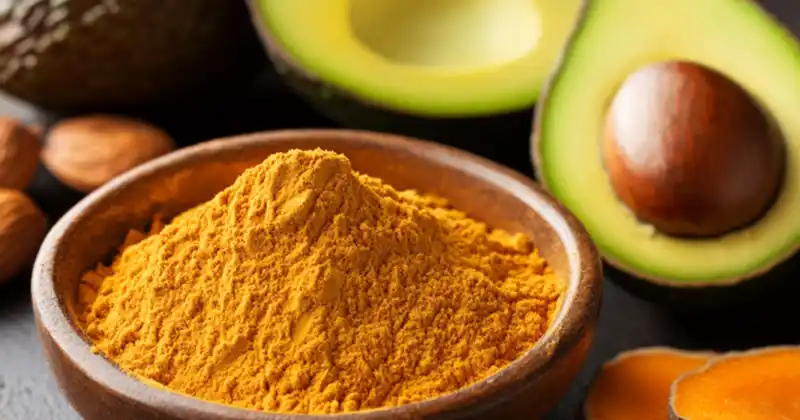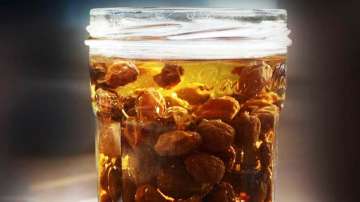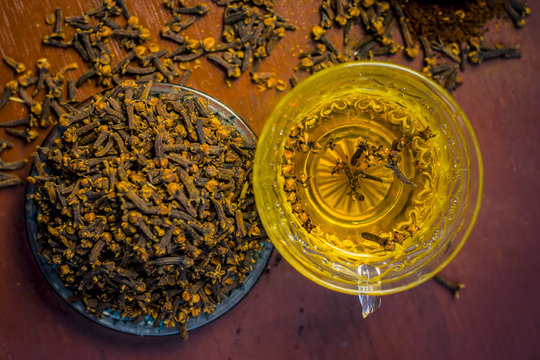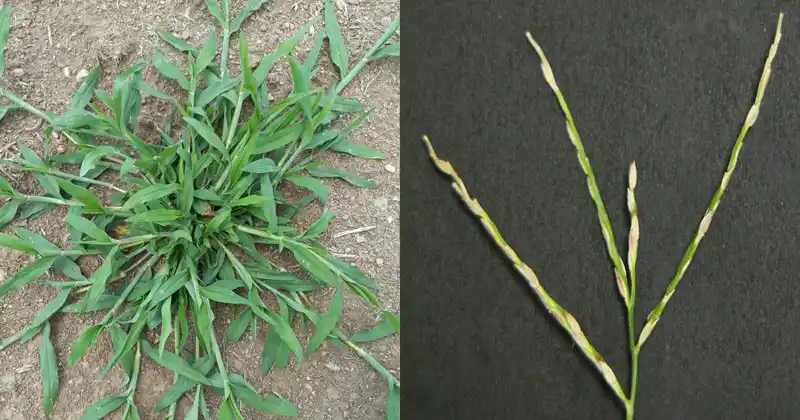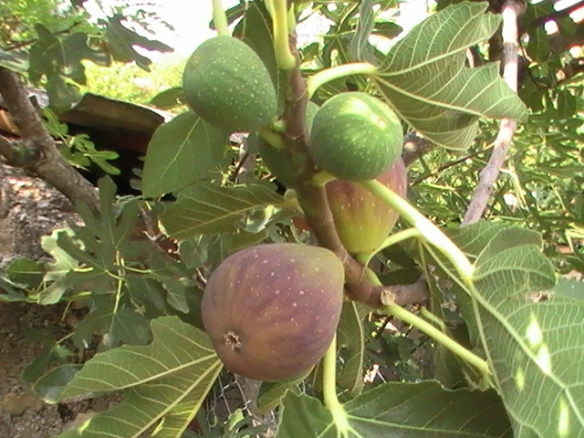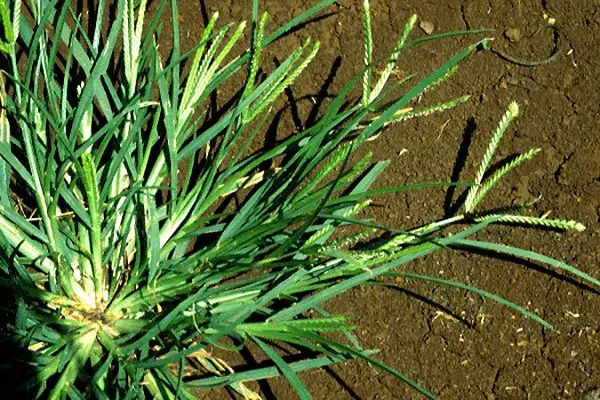
Goose grass, also known as cleavers or bedstraw, is a resilient plant that can be found in gardens, fields, and woodlands. Despite being seen as a mere weed, this plant actually has numerous benefits that make it valuable in herbal medicine and gardening.
Health Benefits of Goose Grass
1. Detoxification Dynamo
Goose grass is a natural detoxifier with diuretic properties that help flush toxins from the body. It supports kidney function and aids in overall detoxification. Add it to herbal teas or detox drinks for a cleansing effect.
2. Lymphatic Support
Support your immune system and overall health with goose grass. It acts as a lymphatic tonic, helping to remove waste and improve lymph circulation. Boost your body’s immune defenses naturally.
3. Skin Soother
For centuries, goose grass has been used to soothe skin ailments. Its anti-inflammatory properties can relieve irritation, making it an effective natural remedy for conditions like eczema and psoriasis. Try using it in salves or poultices.
4. Digestive Aid
Goose grass has long been used to aid digestion. It has gentle laxative properties that relieve constipation and promote a healthy digestive tract. Its mild diuretic capabilities also help reduce bloating and water retention.
5. Nutrient-Rich
Don’t be fooled by its unassuming appearance – goose grass is packed with nutrients! It contains vitamins C and A, as well as iron. Adding this plant to your salads or juices can significantly boost your essential nutrient intake.
Benefits for the Garden
1. Natural Mulch and Compost Material
Enrich your compost with nitrogen by adding goose grass. Its rapid growth and green nature make it an excellent addition to compost. It also acts as a natural mulch, suppressing weeds and retaining soil moisture.
2. Bioindicator for Soil Health
The presence of goose grass indicates healthy soil, especially its nitrogen levels. If goose grass is thriving, it suggests favorable soil conditions. On the other hand, its absence could indicate nitrogen deficiencies.
3. Erosion Control
Take advantage of goose grass’s sticky and interlocking nature to control erosion. It stabilizes the ground quickly, preventing soil loss. Use it on slopes and other erosion-prone areas.
4. Wildlife Habitat
The dense growth of goose grass provides shelter for small insects and other wildlife, promoting biodiversity in your garden. The seeds of goose grass also serve as a food source for birds, contributing to the ecological balance.
Frequently Asked Questions
Can I Consume Goose Grass Raw?
Yes, goose grass is edible and can be used in salads and teas. However, make sure to harvest it from areas free of pesticides and other contaminants.
Is Goose Grass Safe For Pets?
Generally, goose grass is safe for pets. If your pet shows any adverse reactions, it is advised to monitor them closely and consult a veterinarian.
Can I Use Goose Grass If I’m Pregnant?
Pregnant individuals should be cautious when using herbal remedies, including goose grass. It is recommended to consult with a healthcare provider before use.
Disclaimer
The information provided here is for general informational purposes and should not be considered professional advice. It is recommended to consult with healthcare professionals or qualified gardeners before using goose grass for medicinal or gardening purposes, especially if you have specific health conditions or garden needs. Proper plant identification is crucial before consumption or use.
Goose grass is more than just a weed – it is a versatile plant with multiple health and gardening benefits. The next time you come across goose grass, consider its potential benefits to your health and garden before deciding to remove it.
